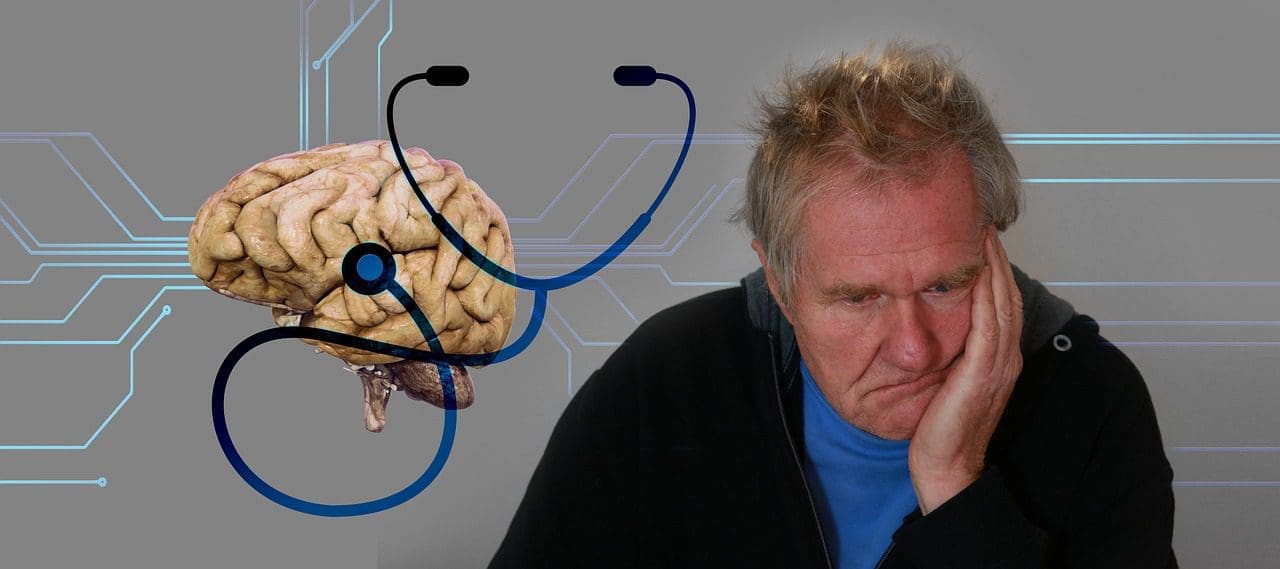
There are many challenges associated with caring for a loved one with dementia. This progressive symptom is due to conditions like Alzheimer’s and other diseases related to a brain disorder. People who have dementia have trouble remembering things or communicating clearly. Taking care of themselves is also a challenge.
Since this condition poses some challenges to the sufferer, mood swings, and changes in the behavior and personality of your loved ones are all too common. In dealing with a loved one with dementia, you need to have a deeper understanding of the problem.
How to communicate with an individual with dementia
The ability to communicate with a person with dementia is not innate, but it can definitely be learned. One thing that you need to keep in mind is that you have to improve your communication skills. When you know how to communicate with your loved one, caregiving will be less stressful.
Aside from paying attention to the needs of your loved one, you are also improving your relationship with the patient. It is common for loved ones with dementia to have a difficult behavior. If you have good communication skills, you can handle their behavior and understand their needs. MDFM care property management can assist you with all aspects of your property and ensure that you have a solid maintenance management system in place.
When you communicate with a loved one with dementia, you need to do the following:
- Have a positive mood. When you interact with your loved one, you need to have a positive attitude and be mindful of your body language. Keep in mind that you are communicating your thoughts and feelings. Non-verbal cues are stronger than words. With a positive mood, which includes your tone of voice, facial expressions, and even physical touch, you are going to send a positive message to your loved one. A positive mood also indicates feelings of affection.
- Get rid of distractions. Your goal when interacting with a person with dementia is to get their attention. A place where you can limit noise and distractions can help you achieve your goal. Turn off the TV or radio, shut the door or close the curtains before you speak with your loved one. It is also essential that you address the patients by their names.
You should also consider identifying your relationship with them and most importantly, your name. You can also use nonverbal cues to keep your loved one focused. If the patient is seated, you have to get down to their level and do not forget to maintain eye contact.
- Use simple words. A person with dementia will have trouble understanding you if you speak in technical jargon or use unfamiliar terms. Be sure to state your message clearly by using simple sentences and words. You also have to speak slowly in a reassuring tone so they will understand the message without repeating yourself.
In case the patient does not understand what you are saying, you need to consider repeating the message. You may have to take time to rephrase the message or question if the patient still does not understand. Use the names of places, and people more often and avoid using pronouns and abbreviations.
- Ask clear questions. Aside from stating your message clearly, it is also essential to use simple terms when asking questions. Choose questions that are answerable with yes or no. Do not bombard your loved one with too many questions. Asking one question at a time works best.
As much as possible, you should avoid asking open-ended questions or providing your loved one with too many choices. Instead of asking her about her choices, why not show her the choices? Visual cues and prompts can help you ask the questions clearly and obtain a response from her.
- Listen carefully. You need patience when waiting for your loved one’s reply. If you notice that the patient is struggling for an answer, consider suggesting words. Be observant of their body language and other nonverbal cues so you can respond appropriately. It is essential that you take time to listen for the feelings and meanings behind their words.
- Reassure your loved one. A person with dementia can get anxious, confused, and unsure of themselves. Having trouble recalling things may get worse and worse each day. It might be tempting to convince them that they are wrong, but this technique will only cause them to feel frustrated. As a caregiver, you need to stay focused on their feelings. Be sure to respond with physical and verbal expressions of support, reassurance, and comfort.
If you are searching for a trusted caregiver to take care of your loved one with dementia, in home care giver San Antonio will be available to provide you with excellent service.




Be the first to comment